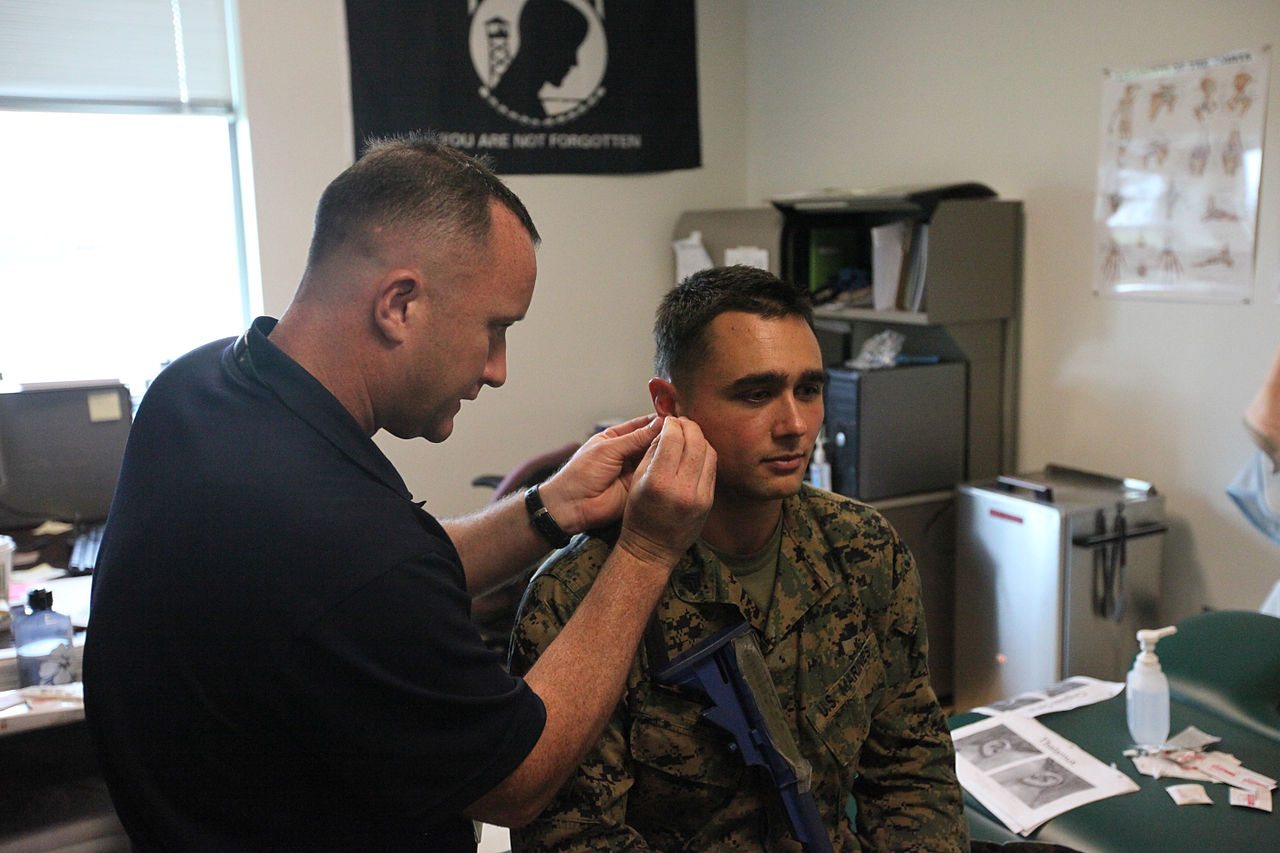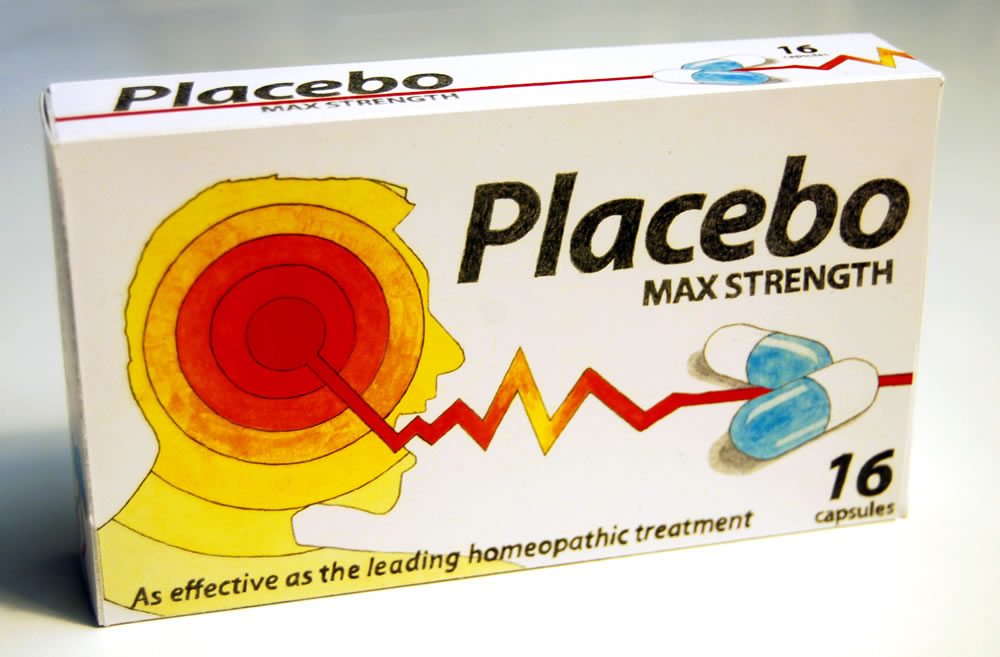NIH Director Francis Collins doesn’t understand the problem with CAM
As the sole cancer surgeon among our stable of Science-Based Medicine (SBM) bloggers, I’m probably the most irritated at the infiltration of pseudoscience into academia (or, as we sometimes like to call it, quackademic medicine) in the realm of cancer. Part of the reason, of course, is that cancer is so common and that the consequences of adding pseudoscience to cancer therapy...
The New England Journal of Medicine Sinks a Bit Lower
I suppose it was bound to happen, but it still rankles. Here is the back cover of last week’s issue of the decreasingly prestigious New England Journal of Medicine: Here’s the front cover: It’s the 200th Anniversary issue, no less. Some might protest that ‘probiotics’—live bacteria of ‘good’ varieties, as far as the gut is concerned—aren’t all that implausible, and that...
Legislative Alchemy: The New Year
A new year brings new opportunities for practicing the magic of legislative alchemy, the process by which state legislatures transform implausible and unproven diagnostic methods and treatments into perfectly legal health care practices, such as naturopathy, chiropractic and acupuncture. Different states have different legislative calendars, but many begin a new session soon after the first of the year. This gives “complementary and...
Tonsillectomy Indications and Complications
Tonsillectomy remains a common surgical procedure with over half a million cases in the US per year, the most common surgical procedure in children. The indications and effects of tonsillectomy remain a matter of research and debate, as is appropriate. It is also a subject of popular misinformation and alarmism. A recent article by Seth Roberts raises many of the issues with...

Acupuncture, the Navy, and Faulty Thinking
A Navy neurologist, Capt. Elwood Hopkins, has posted a 3-part article on “The Power of Acupuncture” on Navy Medicine Live, the official blog of Navy and Marine Corps Health Care. It can serve as a useful lesson in how not to think about medicine. It is a prime example of how an intelligent, educated doctor can be fooled and can fool himself...

The rebranding of CAM as “harnessing the power of placebo”
If there’s one thing I’ve learned over the past seven years or so that I’ve been blogging, first at my other “super secret” (or, more accurately, super “not-so-secret”) blogging location, and then the four years I’ve been blogging here at Science-Based Medicine (SBM), it’s that the vast majority of “alternative medicine,” “complementary and alternative medicine” (CAM), and “integrative medicine” (IM) treatments (or...
Why Do We Really Need Clinical Trials?
A point I make over and over again when talking about new or alternative therapies that are not supported by good clinical trial evidence is that lower-level evidence, such as theoretical justifications, anecdotes, and pre-clinical research like in vitro studies and animal model testing, can only be suggestive, never reliable proof of safety or efficacy. It is necessary to begin evaluating a...
Generic Drugs: Are they Equivalent?
With healthcare costs continuing to rise, generic drugs are looking more attractive than ever. The prospect of getting the same drug at a lower cost is tempting to anyone with a large drug bill — patient or insurer alike. The savings are massive: Lipitor lost patent protection last month — it was a $10 billion drug, and the generic versions are priced...
The Cancer Cure Anecdote
Dr. Ian Gawler, a veterinarian, suffered from osteogenic sarcoma (a form of bone cancer) of the right leg when he was 24 in 1975. Treatment of the cancer required amputation of the right leg. After completing treatment he was found to have lumps in his groin. His oncologist at the time was confident this was local spread from the original cancer, which...





